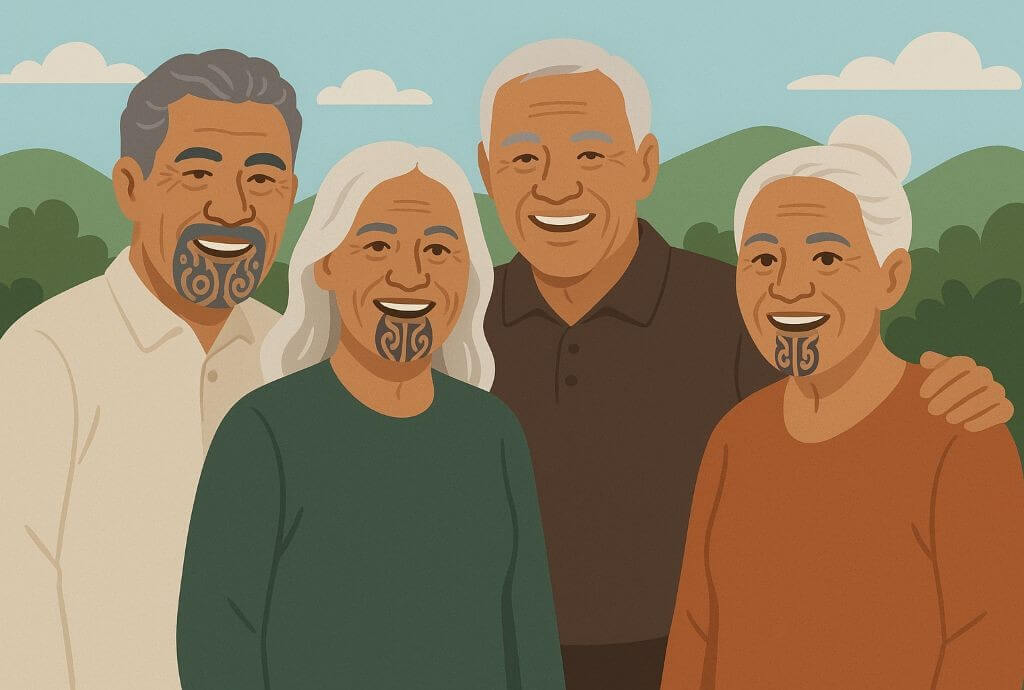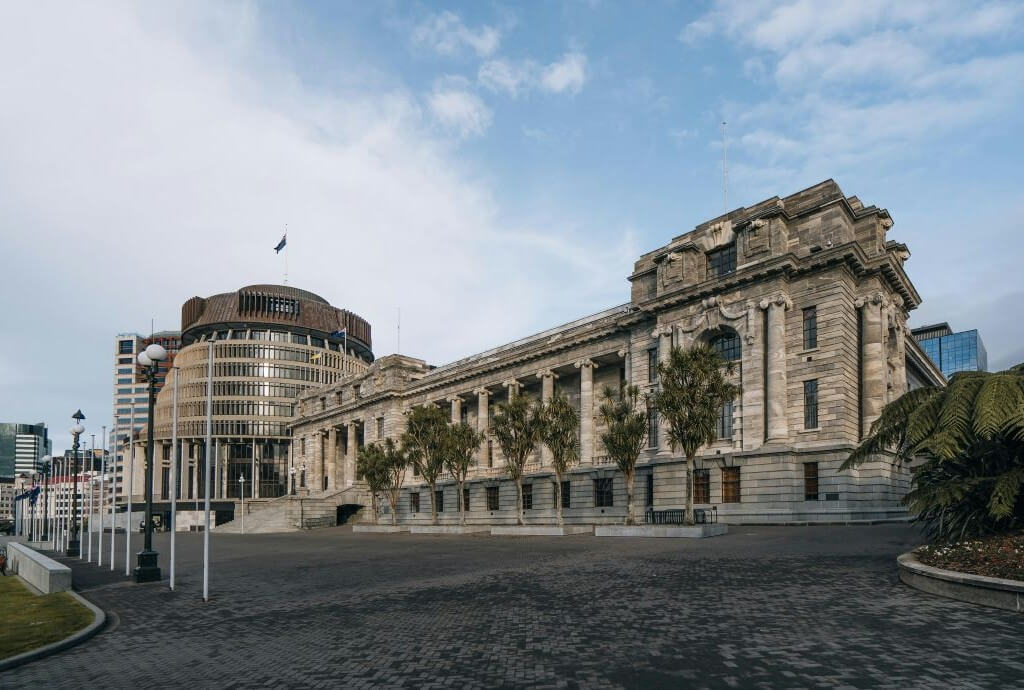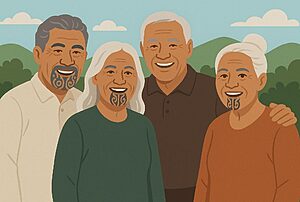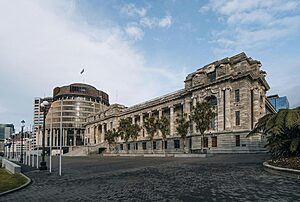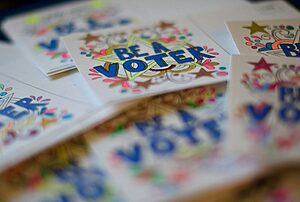Summarised by Centrist
Political commentator Ani O’Brien argues that the government’s move to put “New Zealand” back above “Aotearoa” on the passport is essentially inconsequential. “If I’m honest? I really don’t care,” she writes.
However, O’Brien observes: “The passport debacle is a microcosm of the slow-burning cultural tension that has been building in New Zealand for years.”
O’Brien argues that with Māorification, “inclusion morphed into dominance” and describes how “the university-educated, bureaucratically-ensconced, BlueSky-scrolling class have seized on te ao Māori as a mechanism through which to assert their own moral superiority over the ‘low-status’ masses.”
“It’s the soft totalitarianism of the elite: cloaked in cultural empathy, enforced by social shame, and dressed up in kupu Māori,” she writes.
Describing life inside the public service, she writes that “four or five hours each week” were dedicated to karakia and pepeha across dozens of “hui.” She also notes how “the cabal of middle-class white women were the most ferocious enforcers of all things Māori…”
“This isn’t about shared heritage and a unifying shared modern culture. It’s about which heritage gets to dominate the national narrative and who gets to impose it,” writes O’Brien.
She concludes: “The reason this otherwise banal decision provokes such an emotional response is because people have stopped trusting the motivations behind language changes.”


